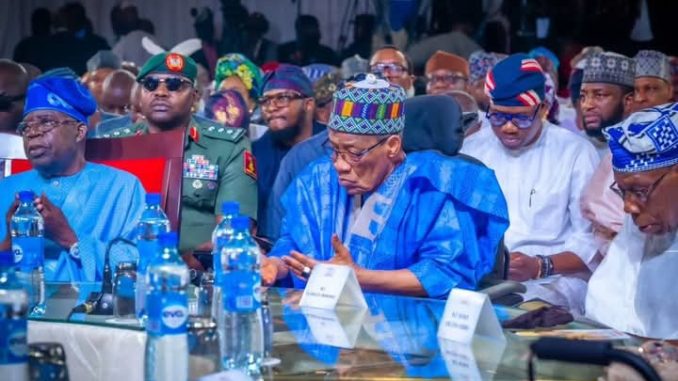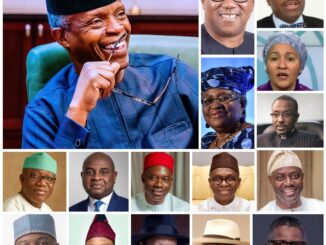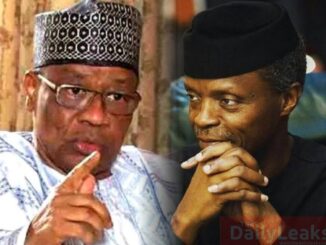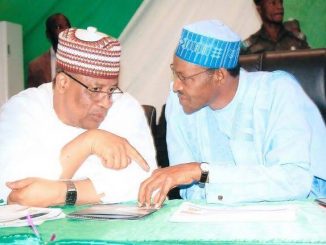
By Marvellous Nyang
February 20, 2025
Former Nigerian military president, General Ibrahim Badamasi Babangida (IBB), has publicly admitted for the first time that Chief Moshood Kashimawo Olawale (MKO) Abiola won the historic June 12, 1993, presidential election.
This revelation was made during the launch of his autobiography, A Journey in Service, on Thursday, February 20, 2025, in Abuja.
The event was attended by prominent figures, including President Bola Tinubu, and former Vice President Yemi Osinbajo, the book reviewer.
Former Nigerian leaders Yakubu Gowon, Goodluck Jonathan, Olusegun Obasanjo, and Abdulsalami Abubakar were also present at the book launch.
Former Vice Presidents Atiku Abubakar, and Namadi Sambo also attended.
Acknowledgment of Abiola’s victory
Babangida stated that upon reviewing detailed election results, it became clear that Abiola satisfied all constitutional requirements to be declared president.
He confirmed that Abiola secured over 8 million votes and achieved the necessary geographical spread.
This admission contradicts his earlier claims and lends credence to the widespread belief that the June 12 election was Nigeria’s freest and fairest electoral process.
ALSO READ: Osinbajo reflects on Nigeria’s unique political evolution at IBB’s book launch
The annulment of the election by Babangida’s administration triggered a political crisis and is regarded as a dark chapter in Nigeria’s democratic history.
In his memoir, Babangida described the annulment as the most challenging decision of his life and expressed deep regret over it. He stated: “June 12 happened under my watch; mistakes, oversights, and missteps happened in quick succession. I accept full responsibility for all decisions taken under my leadership.”
He further explained that the decision was made in what he believed to be the “supreme national interest” at the time but acknowledged its tragic consequences.
President Bola Tinubu commended Babangida for his courage in admitting Abiola’s victory after 32 years. Speaking at the book launch, Tinubu said this acknowledgement would help correct historical records and honour Nigeria’s democratic journey.
Former Vice President Osinbajo, who reviewed Babangida’s book, highlighted that Babangida admitted he would have handled the situation differently if given another chance. Osinbajo quoted Babangida as saying: “Upon deeper reflection and examination of all available facts… there was no doubt that MKO Abiola won the June 12 elections.”
The June 12 election saw Abiola of the Social Democratic Party (SDP) defeat Bashir Tofa of the National Republican Convention (NRC) by a wide margin, securing 58% of the votes.
However, Babangida annulled the results on June 24, citing allegations of electoral malpractice and national security concerns. The annulment led to widespread protests and political instability.
In 2018, former President Muhammadu Buhari posthumously honoured Abiola with Nigeria’s highest national award, Grand Commander of the Federal Republic (GCFR), recognising him as a symbol of democracy.
Babangida’s admission has reignited debates about Nigeria’s democratic struggles and the role of leadership in shaping its history.
Many see this as a long-overdue acknowledgement of Abiola’s mandate and a step toward reconciling with past injustices.




